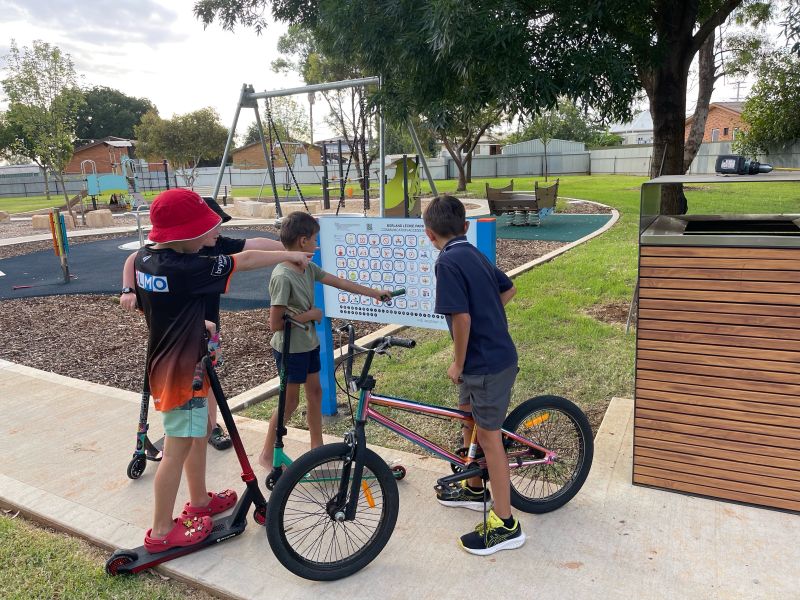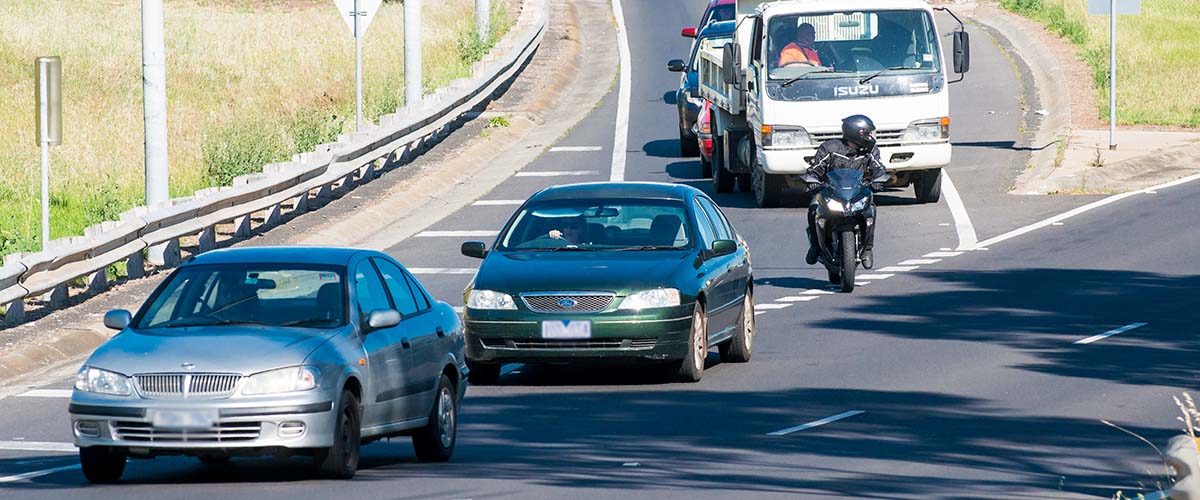More than one fifth of Melburnians who inject drugs don’t want to be vaccinated against COVID-19 because of ‘safety concerns’ a Burnet Institute survey has found.
Study lead author, Professor Paul Dietze, said he’s concerned by the high proportion of participants who are either undecided or unwilling to be vaccinated and he’s urging health authorities to improve access to vaccine information.
While 58 percent of survey participants said they would ‘definitely’ or ‘probably’ be vaccinated for COVID-19, 22 percent said they would not, and 20 percent were undecided.
Among those who indicated they would definitely or probably not be vaccinated or were undecided, safety concerns were most often cited as a reason for not wanting to be vaccinated.
Professor Dietze, Burnet Program Director, Behaviours and Health Risks, said the vaccine reluctance among this cohort was particularly concerning.
“A lot of people in this community are homeless or come from disadvantaged backgrounds and we know that those people are at high risk,” Professor Dietze said.
Professor Dietze said health campaigns need to extend beyond traditional media and tailored information is needed given the frequency of homelessness among people who inject drugs.
“Peer-based organisations are well positioned to be accessing these people and some of the key services who work with them,” Professor Dietze said.
“People who use drugs and inject drugs are the ones who can properly inform people and other people from the community about the safety from their perspective.
“People working with needle and syringe programs are also in a good position to alleviate any concerns that people might have with vaccines.”
Data from the survey, published in the journal Drug and Alcohol Review, were collected at the end of 2020.
Professor Dietze is hopeful the emergence of the Delta variant since then has convinced many of those refusing or reluctant to be vaccinated to be more accepting.
“Importantly, we need to monitor uptake itself, which is much more important than intention,” he said.
“One of the things we know is that while intention might reflect a range of different things, when push comes to shove, people might still get the vaccine.
“There’s lots of work underway to provide vaccination points people can take advantage of, so we do need to be monitoring how things go.”







